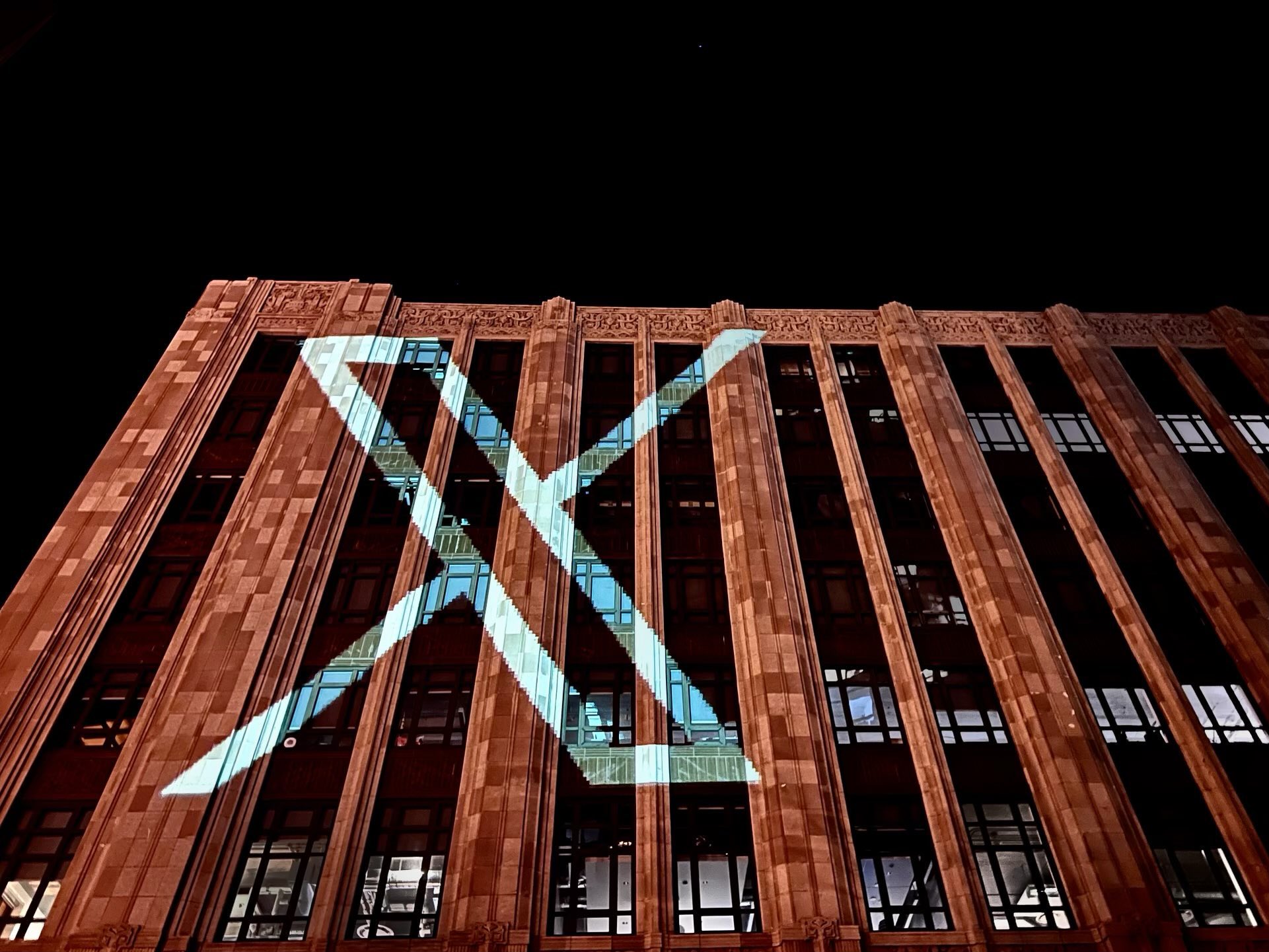Four former Twitter executives are suing the social media giant’s owner Elon Musk for over $128 million in unpaid severance.
In a lawsuit filed on Monday, four plaintiffs – former chief executive officer Parag Agrawal; former chief financial officer, Ned Segal; former chief legal officer, Vijaya Gadde; and former general counsel, Sean Edgett – claim they were fired minutes after Musk took control of Twitter.
It adds that the former execs were falsely accused of misconduct, and that they were forced out of the company after they sued Musk for his attempts to back out of his offer to buy the social media platform.
The lawsuit also accuses Musk of denying them one year’s salary and thousands of stock options promised to them as severance pay years before the South African billionaire acquired the company for $44 billion in late 2022.
In the lawsuit, the quartet say: "This is the Musk playbook: to keep the money he owes other people, and force them to sue him.”
Musk has faced a litany of controversies since acquiring Twitter and rebranding it as X. The company is facing two proposed class action lawsuits claiming it owes at least $500 million in severance to the thousands of workers who were laid off shortly after the takeover. The company is also being sued by senior managers on similar claims, and has previously been sued for failing to pay service providers including public relations firms, landlords, vendors and consultants.
Latest News
-
Indra wins TfL contract to run London ticketing systems
-
Japan ‘launches government probe’ into Grok
-
Social media sites stop access to 4.7m under-16 accounts in Australia
-
Government announces £52m funding to support British robotics and defence tech firms
-
Swift to launch blockchain-based shared ledger after successful digital asset pilot
-
AWS launches European sovereign cloud service
The future-ready CFO: Driving strategic growth and innovation
This National Technology News webinar sponsored by Sage will explore how CFOs can leverage their unique blend of financial acumen, technological savvy, and strategic mindset to foster cross-functional collaboration and shape overall company direction. Attendees will gain insights into breaking down operational silos, aligning goals across departments like IT, operations, HR, and marketing, and utilising technology to enable real-time data sharing and visibility.
The corporate roadmap to payment excellence: Keeping pace with emerging trends to maximise growth opportunities
In today's rapidly evolving finance and accounting landscape, one of the biggest challenges organisations face is attracting and retaining top talent. As automation and AI revolutionise the profession, finance teams require new skillsets centred on analysis, collaboration, and strategic thinking to drive sustainable competitive advantage.
© 2019 Perspective Publishing Privacy & Cookies








Recent Stories